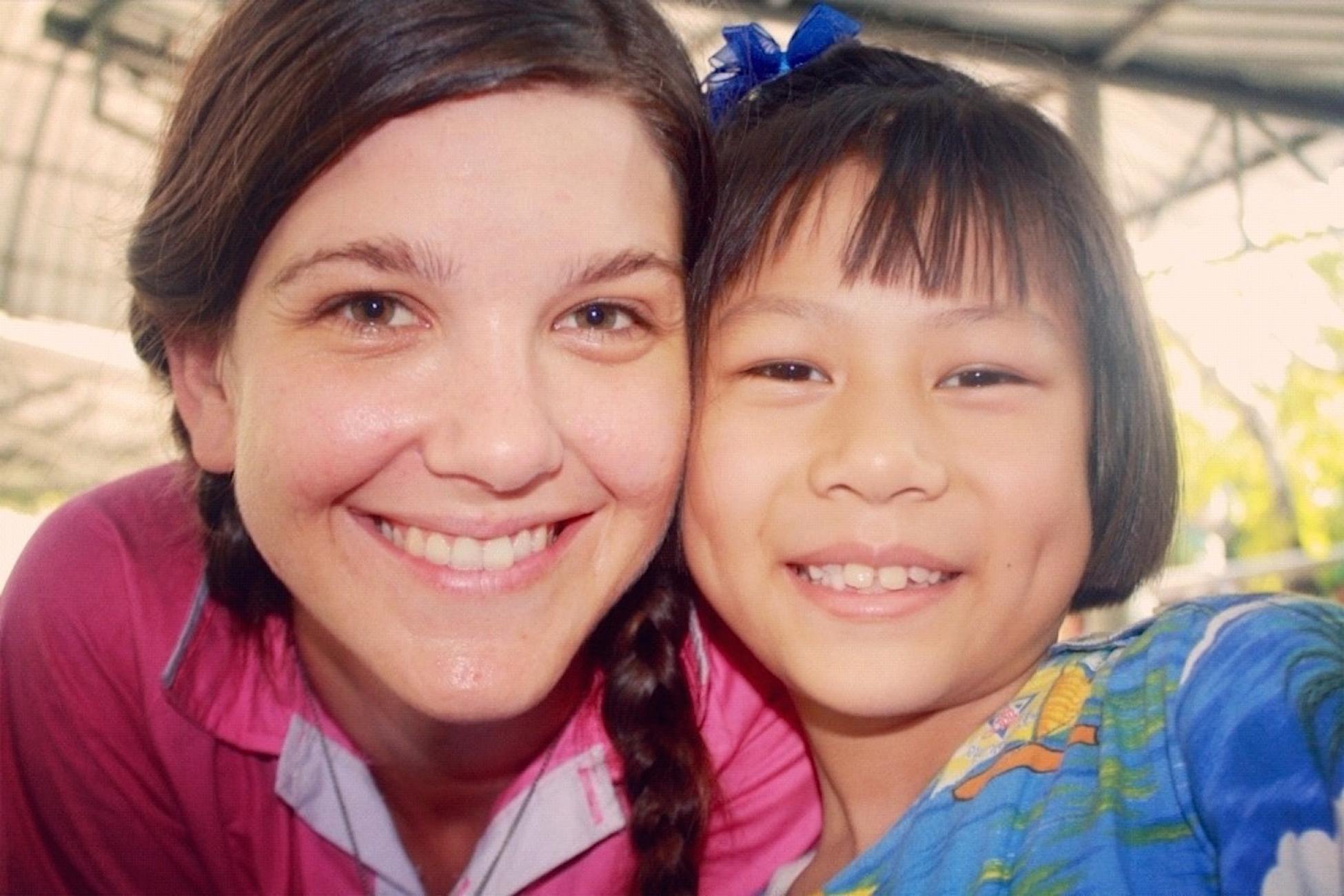The lure of beaches, sunny weather and a community filled with warm, generous people make Thailand at the top of many would-be teachers’ lists. It was certainly at the top of mine; four years ago, I landed my first teaching job in the country.
Since then, I’ve learned a few thing that you should expect as you settle into your new teaching job in the Land of Smiles. Here’s my advice to ensure your transition goes smoothly.
1. Repeat after me: “Mai bpen rai.”
Prior to arriving at my public school, I was hired as a kindergarten teacher. On the first day of school, when I walked into my homeroom, was I a kindergarten teacher? No. I was a second and third-grade teacher. I had to hastily readjust my lesson plans and teaching strategies. Singing and dancing lessons quickly changed to grammar and reading lessons.
When I asked my director about this change, his response was “mai bpen rai” or “don’t worry.”
My teaching schedule was not always fixed, either. Unannounced visitors, impromptu events and birthday celebrations—often for a teacher or student that I’d never met—frequently interrupted lessons. Sometimes my classes were cancelled at the last minute so that I could choreograph dances for my students or design costumes for a holiday event. I never knew if these were spontaneous events or if the language barrier just kept me uninformed about happenings in the school.
However, over time I started to like the spontaneity, the diversity of my role, and that my days were more or less unpredictable. Eventually, whenever something or someone deviated from the day’s plan, I started saying “mai bpen rai” too.
2. Learn the names of your students.
With around 40 pupils per class, I had roughly 200 students total. Learning 200 names that you’ve never heard before and haven’t a clue how to pronounce is quite a difficult task, especially if your roll call is written in Thai.
It helped me to take individual photos of my students, so that I was able to memorize their names with their faces. It’s also worth noting that the majority of Thai students will have a preferred nickname, and these are usually much easier to pronounce. They’ll most likely be English, but can often be off-the-wall words that don’t immediately strike you as names, such as Fry, Nest, Best, Earth or Garfield.
When you know your students by name, there is more accountability for the students’ behaviour and their work. They come to realize that you care about them as individuals and are invested in their progress.
3. Speak some basic Thai.
Every good ESL training course will teach you that you shouldn’t speak to your students in their native language. Experts say it detracts from the native English immersion experience and that it can even make students lazy or discouraged from trying to speak English. Even though I broke this cardinal ESL rule, I’ve found that learning basic Thai phrases—if used sparingly—can be extremely beneficial.
When students get loud and rowdy, they tend to drown out English phrases they don’t understand. I limited my use of Thai to when I needed to discipline a student or for situations where I needed to quickly regain authority of the classroom. Learning how to say “long nong” (“sit down”), “khun mai dai poot passathai” (“do not speak Thai”) and “tuk tuk kon” (“everyone”) did wonders for me in crisis situations.
4. Adhere strictly to the dress code.
The dress code at my school was strictly enforced and, chances are, if you work at a traditional public school, yours will be too. Teachers were required to wear skirts that touched their knees—but no longer or shorter—and the administration specified that the fabric should not be loose or flowing. Think business professionals in pencil skirts. We were also prohibited from showing our shoulders and knees.
Every day also had a specific theme or colour. Monday was yellow, Tuesday was pink, Wednesday was a Hawaiian shirt, and so on. You may think these themed days are fun or silly, but it’s best to adhere to them as carefully as you can. One day, I committed a fashion faux pas and wore the wrong shirt on the wrong day. All day, teachers would tug at my shirt, giggling and whispering in Thai. If something similar happens to you, know that Thai teachers love to gossip, but it is generally harmless fun.
5. Bring your own toilet paper to school.
It is rare to find toilet paper in many of the bathrooms in Thailand. Instead, Thais prefer to rinse themselves using a spray hose that is usually attached to the wall next to the toilet. In public bathrooms, sometimes there’s just a bucket of water with a small bowl inside. If you’re not keen to adopt this Thai custom just yet, you’ll need to bring your own toilet paper to school. I used to carry mine in my purse and kept a stash in my desk for emergencies.
6. Make a good first impression, Thai-style.
I was told by my supervisor to regularly offer the other Thai teachers small gifts (some form of food is ideal). It seems a little phony, like you are buying your acceptance—and in a way, you are. But this is not how Thai people see it. It is customary and it goes both ways. You can probably expect to receive all kinds of food and gifts from other teachers, parents, and students. The sharing of food and generosity of spirit are ubiquitous in Thai culture.
7. When in doubt, wai.
The wai is the Thai greeting that consists of bowing with your hands pressed together at your heart. It is the ultimate sign of respect and is extremely important in Thai culture. The higher your hands, the more respect you are offering to the person you bow to.
At school, always stop and wai when you pass the director or your fellow Thai teachers in the hallway. They (and you) are at the top of the hierarchy. If you are unsure, wai anyway. Your students will wai to you, but you should never wai back to your students. I learned that one firsthand, after a wai to my students was returned with surprised faces and suppressed laughter.
Add this article to your reading list



